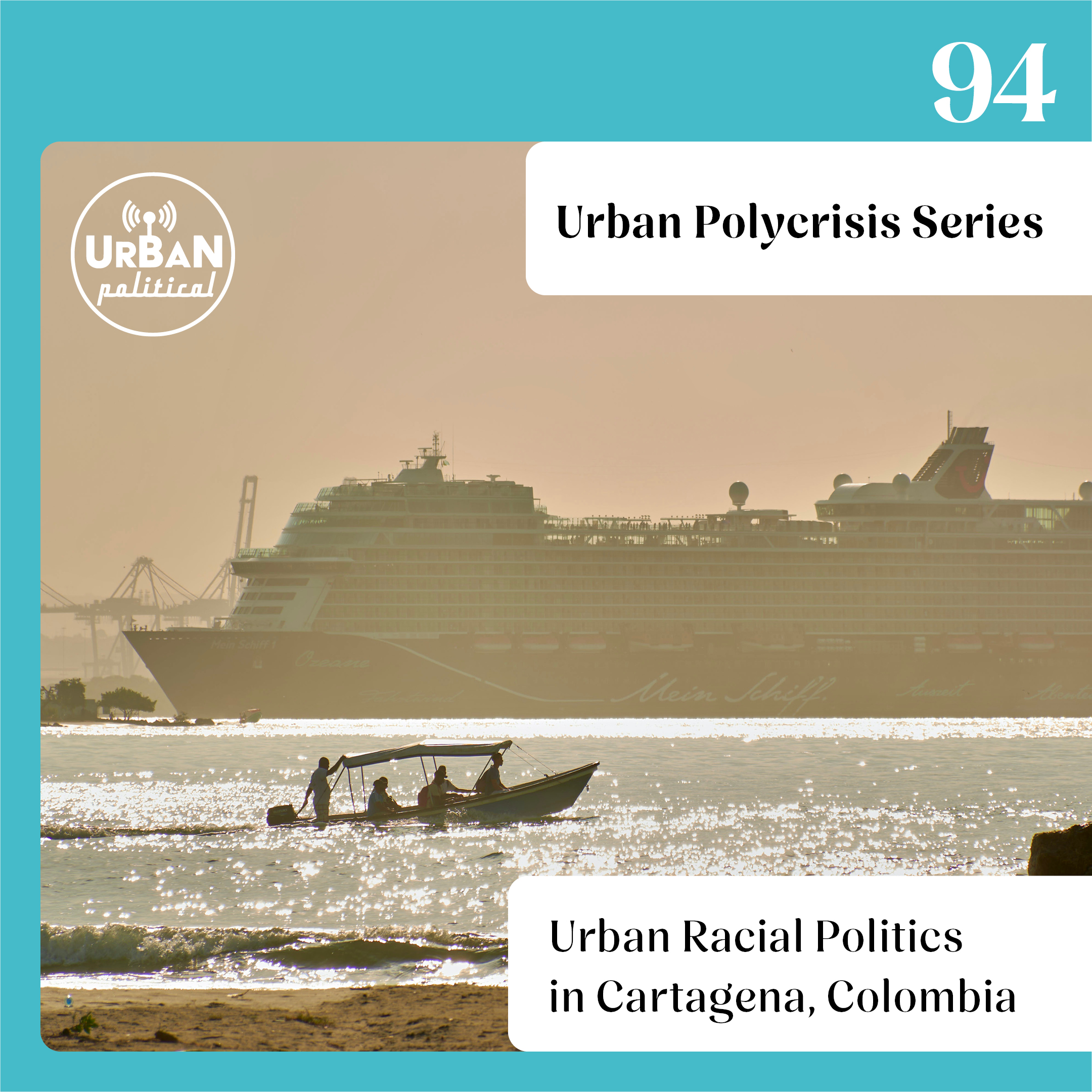Cover Photo Credits: Roger Romero
This episode will be conducted in Spanish, in line with the podcast’s aim to de-center urban knowledge production by showcasing distinctive urban perspectives, and linguistic viewpoints
English
We are thrilled to introduce you to the second episode of our series on Urban Polycrisis.
Join us for an episode in Spanish exploring the complex urban racial politics of Cartagena, Colombia. In this conversation with historians Javier Ortiz Cassiani and Orlando Deavila Pertuz, we dive into the city’s colonial past and explore how its racialised legacies shape contemporary urban life. We discuss how conflict, violence, and displacement have shaped racial politics, from Cartagena’s role in the transatlantic slave trade to its recent remaking as a tourist hub. The episode also looks at how Afro-descendant communities resist urban segregation and dispossession, offering insights into broader issues of racism and Blackness in urban Colombia and Latin America today.
Spanish
Acompáñanos en este episodio en español donde exploramos las complejas dinámicas urbanas racializadas de Cartagena, Colombia. En esta conversación con los historiadores Javier Ortiz Cassiani y Orlando Deavila Pertuz, profundizamos en el pasado colonial de la ciudad y cómo sus legados racializados influyen en la vida urbana actual. Hablamos sobre cómo el conflicto, la violencia y el desplazamiento han moldeado las dinámicas racializadas, desde el papel de Cartagena en el comercio transatlántico de esclavizados hasta su reciente transformación en un destino turístico. El episodio también analiza cómo las comunidades afrodescendientes enfrentan la segregación urbana y el despojo, ofreciendo perspectivas sobre el racismo y la negritud en la Colombia y América Latina urbanas hoy en día.
Guests:
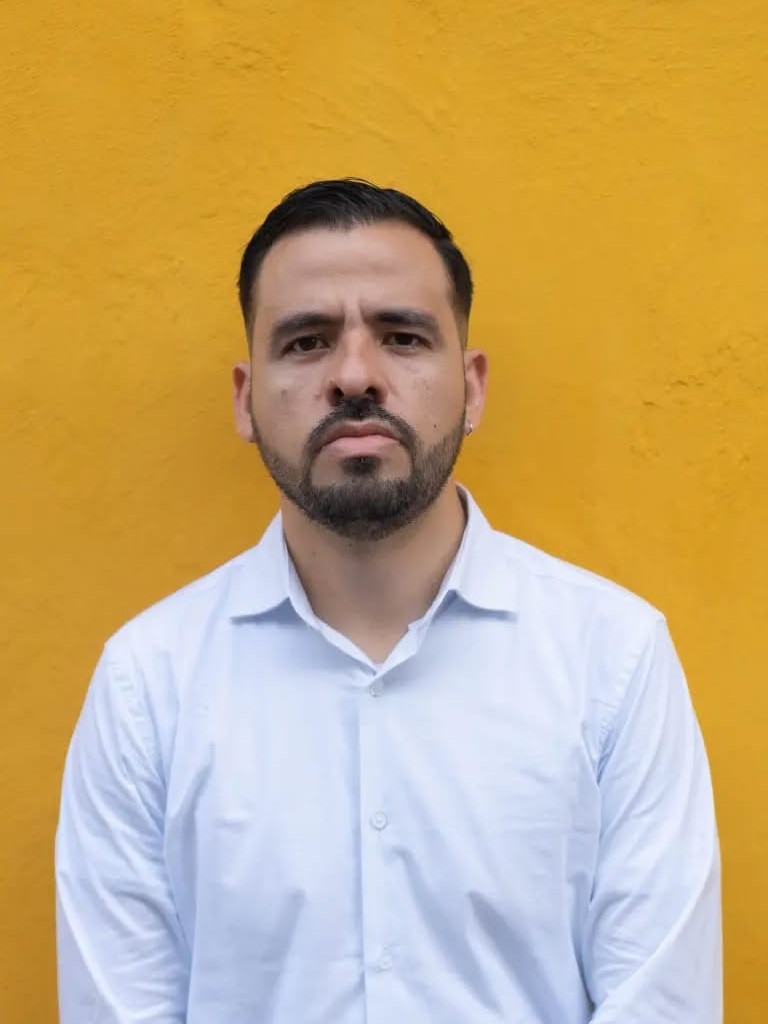
Orlando Deavila Pertuz
Orlando Deavila Pertuz is an Assistant Professor at the International Institute of Caribbean Studies in the Universidad de Cartagena (Colombia). He holds a PhD in History from the University of Connecticut. His research interests include urban history, the history of racial relations, and the history of tourism development. His current research focuses on the intersection between race and space in the remaking of Cartagena (Colombia) as an international tourist destination during the twentieth century. His research practice combines with scientific dissemination through social media and socially-engaged projects with digital humanities.
Linkedin: https://co.linkedin.com/in/orlando-deavila-pertuz-5a292563
Instagram: https://www.instagram.com/orlandodeavila
Twitter: orlandodeavilap
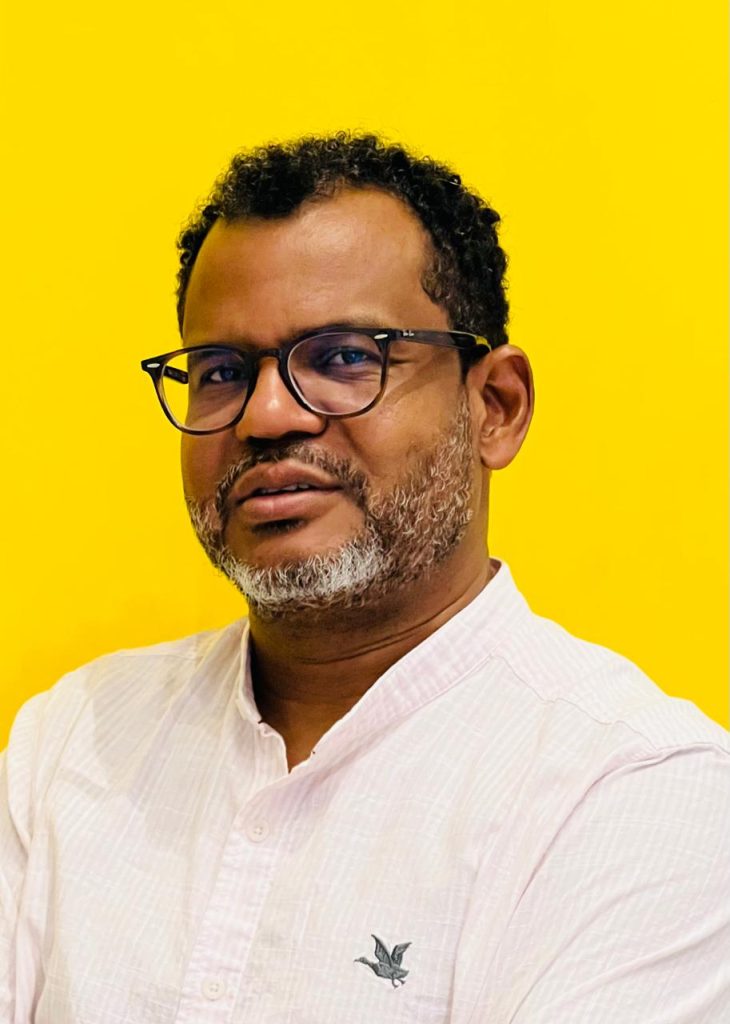
Javier Ortiz Cassiani
Thanks to his background as a historian and his vocation as a writer, he has achieved an excellent balance between historical rigour and literary narrative. He is a historian from the Universidad de Cartagena, with postgraduate studies at the Universidad de los Andes and El Colegio de México, and is the author of the books El incómodo color de la memoria (Libros El Malpensante), Un diablo al que le llaman tren (Fondo de Cultura Económica), and Bailar con las trompetas del apocalipsis (Planeta). He is co-author of the books Desorden en la plaza: modernización y memoria urbana and Los 50 días que cambiaron a Colombia.
He is concerned with issues related to memory, discourse, representation, popular culture and the paradoxes of history. He has been an advisor to the Ministry of Culture, the National Centre for Historical Memory, the Truth Commission, the Historical Museum of Cartagena de Indias, the Institute of Cultural Heritage of Bogotá, the Claustro la Merced Cultural Space of the University of Cartagena and the Kitambo Foundation. He is currently an advisor to the Book, Reading and Literature Group of the National Library of Colombia and to the Secretary of Government of the Mayor’s Office of Bogotá for Ethnic Affairs. He is a columnist for El Espectador and the cultural magazine El Malpensante.
Instagram : javierortizcassiani
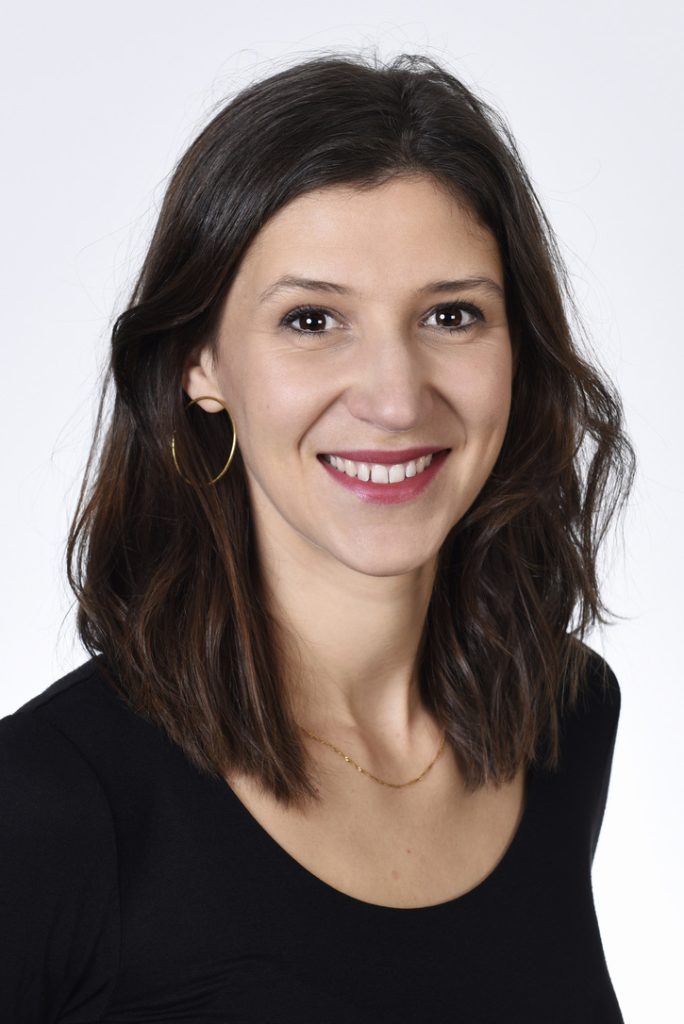
Laura Neville
Laura Neville is a social and urban geographer whose work explores the everyday and bodily politics produced through the material transformations of urban space in Latin American cities, particularly in Colombia and Chile. She has focused in particular on waste and disposability, urban environmental change, cultural spaces and, more recently, the digitalisation of everyday life. She is currently a Swiss National Science Foundation Postdoc.Mobility Fellow, working on her new project on platformisation and domestic labour in Santiago de Chile, hosted at UCL’s Department of Geography and the Universidad de Chile.
Through ethnographic work in Cartagena, Colombia, her doctoral research explored the everyday politics of waste in shaping residents’ lived experiences of urban disposabilities. Her interest in collaborative and creative research, has also led her to co-develop Urban Waterworlds, a transdisciplinary communication project in Cartagena, Colombia.
Recent publication: Neville, L. (2024). Disappearance, emergence, and appearance: garbage and the politics of placemaking in Cartagena, Colombia. Social & Cultural Geography, 25(10), 1554–1574. https://doi.org/10.1080/14649365.2024.2347867
Linkedin: https://www.linkedin.com/in/laura-neville-a4190389/?originalSubdomain=ch
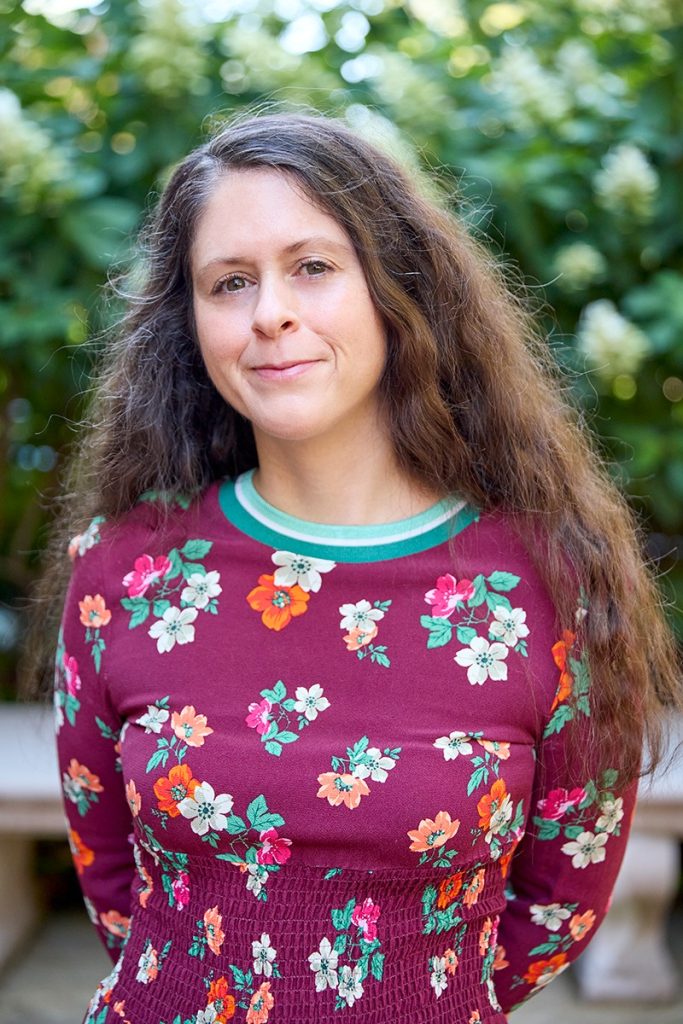
Silke Oldenburg
Silke Oldenburg is a social anthropologist and Senior Researcher at the Geneva Graduate Institute. Her work explores displacement, infrastructure, care, youth and generational dynamics, as well as uncertainty and humour in research, writing, and teaching. She approaches these themes through ethnographic and transdisciplinary perspectives, with a particular focus on urban and humanitarian contexts, especially in Colombia and the Democratic Republic of Congo.
In Cartagena, she has been working for over ten years on the intersection of politics, urban dynamics, and environmental challenges. She is currently working on a book project titled Wetland Politics: Social Belonging, Racialized Politics, and Urban Environmental Futures in Cartagena, Colombia, and has a forthcoming article in Environment and Planning F on “Thinking with the Archipelago. Mangroves, marginalization and the making of alternative environmental futures in Cartagena, Colombia.” She was also the Principal Investigator of Urban Waterworlds, a transdisciplinary communication project funded by the SNSF Agora scheme.
LinkedIn: https://www.linkedin.com/in/silke-oldenburg-52935b342/?originalSubdomain=ch

